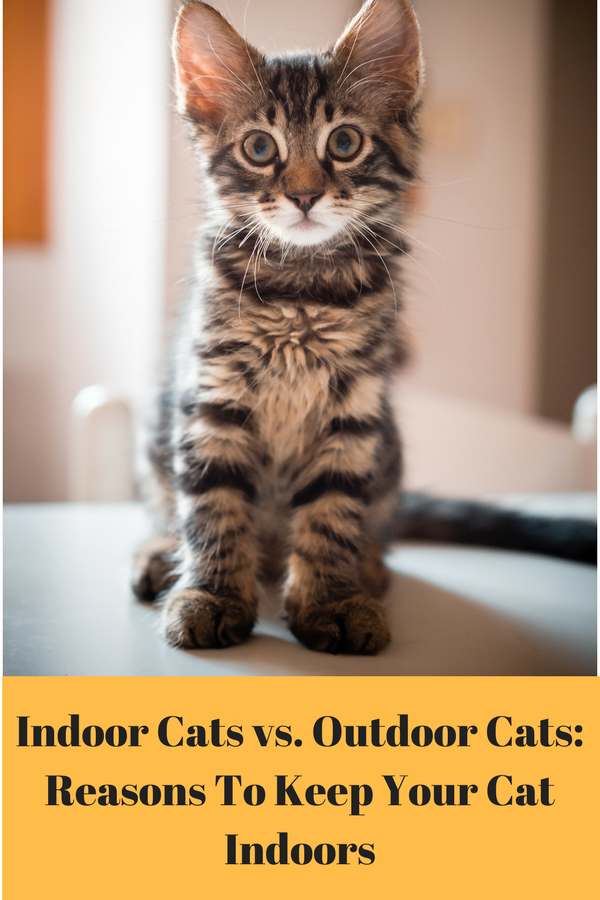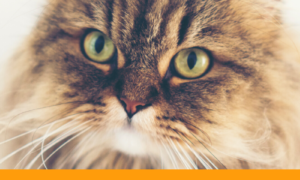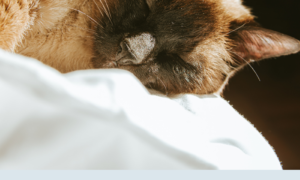Dogs are pretty adaptable at being outside, especially if provided accommodations for all types of weather. Cats, however, tend to thrive in indoor environments. Below is a list from vetinfo.com on why indoor cats tend to lead healthier, longer lives than their outdoor counterparts.
Less Illness
First of all, indoor cats can typically enjoy a longer life, due to lower incidences of illnesses and accidents. Parasites such as fleas, tapeworms and hookworms are all contacted from the outdoors, from other animals and from the environment. As we all know, these can cause severe illness within your cat and can be quite stressful.
Indoor cats are less likely to suffer from infections and diseases. Some common infections and some of the most dangerous ones include rabies, the leukemia virus and cat AIDS, which are highly contagious. Outdoor cats tend to chase mice and birds, which are known carriers of numerous infections.
Reduced Danger from Traffic, Toxic Plants and Other Animals
Indoor cats will not fall victim to traffic accidents, which are frequently the cause of death in cats, or can cause severe damage in many cats.
When your cat lives indoors, you have greater control of his environment so he will not stumble upon any toxic plant, chewing them out of curiosity. Such poisoning can be fatal in cats, especially if you do not get to the vet immediately.
Cats that spend time outdoors risk more opportunities for confrontation with other cats, dogs, raccoons or even, heaven forbid, skunks!!! Such encounters can result in severe injuries and even rabies.
If your cat stays inside, he is helping you to keep your home cleaner, as he won’t bring in all types of dirt, dead animals and bacteria inside. That tracked in bacteria can also have adverse effects on humans!
Indoor cats are not as stressed as outdoor ones. When cats have a well-established routine, too, they tend to be happier.
Fewer Environmental Allergies
Indoor cats are less likely to react to inhalant allergens such as pollens, so they are less likely to exhibit any allergy symptoms.
And, finally, as mentioned earlier, indoors cats have the potential to outlive their outdoor counterparts. An indoor cat can live up to 18 years of age and beyond, while some feral cats may not even reach four years of age. If you have a cat that enjoys both indoor and outdoor environments, they can potentially live 12-14 years of age.
From my point of view, there is also another benefit of having an indoor cat, especially versus an indoor dog. A cat can go potty any time of day inside; a dog, on the other hand, has to be taken outdoors in all types of weather, which, in the colder, wetter months, can always be somewhat of a mess. I have often thought about litter box training my dog. Hmmmm….wonder if that would work???







